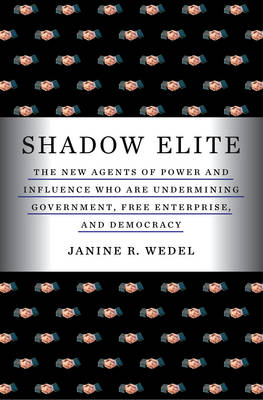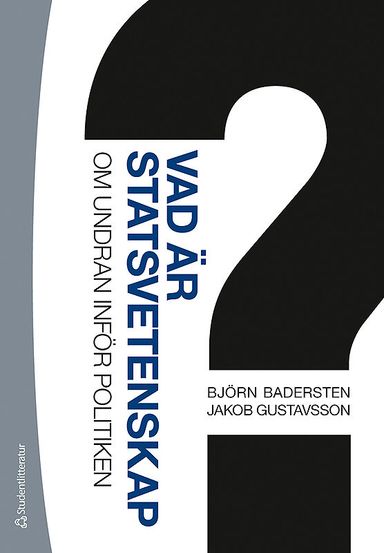

The Shadow Elite
- Utgiven: 2009
- ISBN: 9780465091065
- Sidor: 272 st
- Förlag: Basic Books
- Format: Inbunden
- Språk: Engelska
Om boken
This is a skeleton key to understanding today's biggest government and business scandals, across a wide range of seemingly unconnected fields. Corruption is not static. It evolves to take advantage of new situations, new technologies, and new institutions. Today many citizens of democratic countries feel that corruption is out of control but, at the same time, almost impossible to pinpoint and describe. The familiar forms of influence peddling and conflict of interest have been superseded by new means of wielding power that cut across government, corporate, nonprofit and even international boundaries. Who is really in charge, and why do the same people seem to reappear, constantly wearing different hats but always pressing a suspect agenda, in one influential venue after another? Who are the shadow elite, and why are they so effective? In "Shadow Elite", anthropologist Janine Wedel provides the skeleton key to understanding the new corruption and how it works. The key to understanding individual players' careers, she says, is not to look at the individuals. Many of the best players at the new game of corruption belong to a new species of social organization, which Wedel terms 'sovereign cliques', that is highly adapted to operating in, blurring and even erasing the boundaries between government, private and nonprofit organizations. Its members are ultimately answerable only to each other, they constantly promote each other's interests, and yet they wield tremendous influence.
Åtkomstkoder och digitalt tilläggsmaterial garanteras inte med begagnade böcker
Mer om The Shadow Elite (2009)
I mars 2009 släpptes boken The Shadow Elite skriven av Wedel Janine. Den är skriven på engelska och består av 272 sidor. Förlaget bakom boken är Basic Books.
Köp boken The Shadow Elite på Studentapan och spara pengar.
Referera till The Shadow Elite
Harvard
Janine, W. (2009). The Shadow Elite. Basic Books.
Oxford
Janine, Wedel, The Shadow Elite (Basic Books, 2009).
APA
Janine, W. (2009). The Shadow Elite. Basic Books.
Vancouver
Janine W. The Shadow Elite. Basic Books; 2009.



















